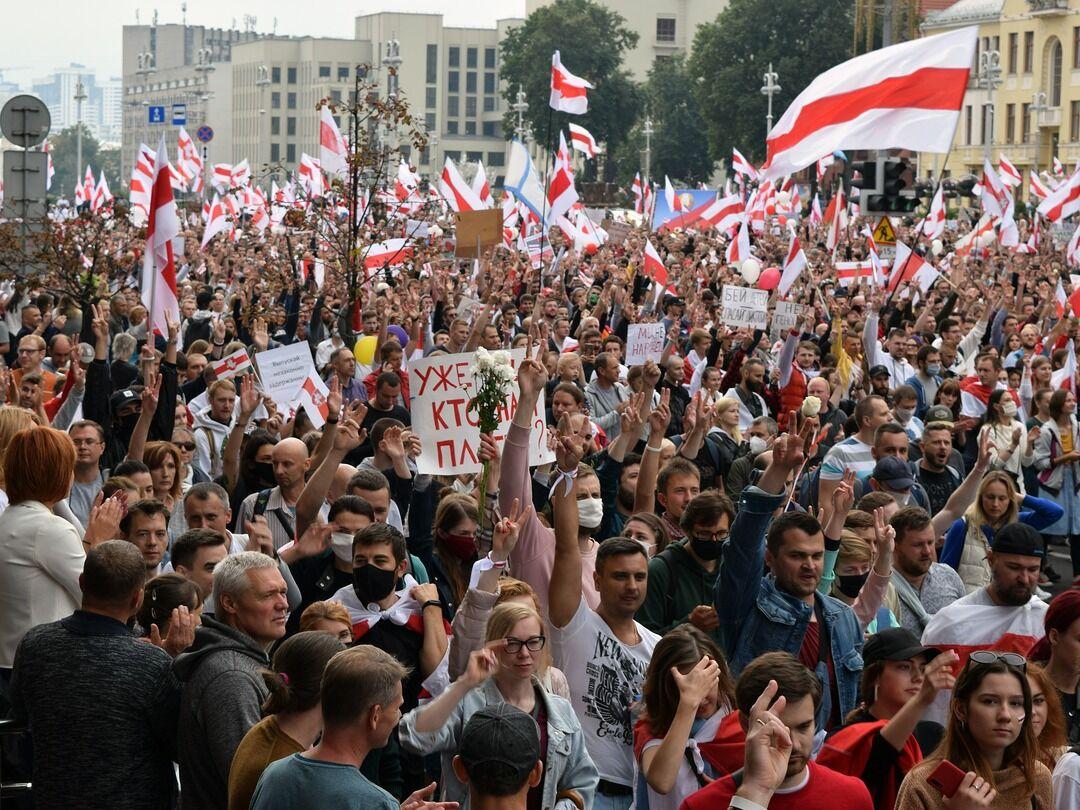Sanctions defending human rights worldwide

The promotion and protection of human rights remains a cornerstone of the EU’s external action and reflects the EU’s determination to address serious human rights violations and abuses worldwide. The EU is committed to denounce human rights violations and abuses wherever they occur, making use of all instruments while reasserting that human rights are universal, indivisible, interdependent and interrelated.
The establishment of the EU Global Human Rights Sanctions Regime in December 2020 underscores the EU’s determination to enhance its role in addressing serious human rights violations and abuses worldwide. Under this regime, the EU can impose individual sanctions (travel ban, assets freezes and a prohibition to make funds and economic resources available) on individuals and entities responsible for or involved in violations and abuses such as crimes against humanity, torture, sexual and gender-based violence or the suppression of the freedom of religion or belief. It can also target individuals and entities associated with the perpetrators.
The EU Global Human Rights sanctions regime applies to acts such as genocide, crimes against humanity and other serious human rights violations or abuses (e.g. torture, slavery, extrajudicial killings, arbitrary arrests or detentions). Other human rights violations or abuses can also fall under the scope of the sanctions regime where those violations or abuses are widespread, systematic or are otherwise of serious concern as regards the objectives of the common foreign and security policy set out in the Treaty (Article 21 TEU).




